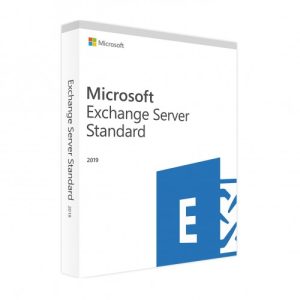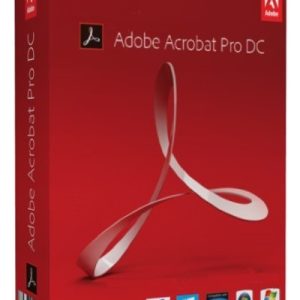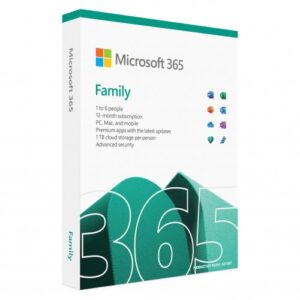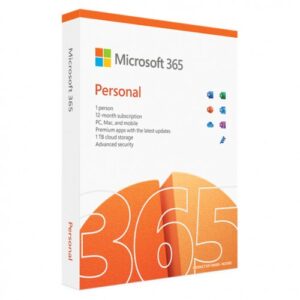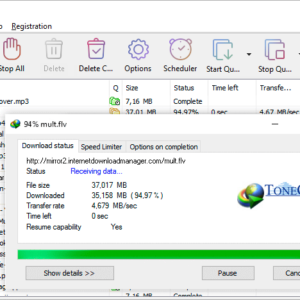Specification
| Requirements | ||
| Processor | 2.0 GHz or higher | |
| RAM | 4 GB | |
| Storage | 6 GB | |
| Operating System | Windows Linux Docker |
|
| License | ||
| License Type | E-License | |
| Subscription | ||
| Number of User | USERS SUPPORTED: 1 Admin User DEVICES SUPPORTED: 1 Server |
|
Microsoft Exchange Server Enterprise
Microsoft’s mail server Exchange Server is aimed at companies and self-employed persons who want to optimize the exchange of messages by e-mail internally and externally. It is important that users have a uniform e-mail address and that security-relevant points are set up, such as the maximum number of e-mails to be received and sent per user. Also adjustable are folders and their permissions for Outlook. With the Exchange Server Enterprise, Microsoft is primarily targeting small and medium-sized companies. The additional support of all common output devices such as smartphones and tablets gives companies and freelancers an unbeatable competitive advantage in the field of communication, which is otherwise reserved for corporations. With a planned configuration there is no need for permanent maintenance. Exchange is designed for continuous operation. The versions from Exchange 2008 and 2010 onwards have proven that this works reliably.
Exchange Server Installation
The installation of Exchange, like all previous versions, takes a long time. Depending on the server equipment, the installation time is between 30 and 120 minutes.
Exchange Server Configuration
The configuration of Exchange can take a long time, depending on the number of mailboxes to be created. Exchange Server needs above all: enough disk space, a correctly created Active Directory, the IPV6 protocol, a correctly working DNS, the definition of an internally used mail extension @xyz.net/com/en, etc.


